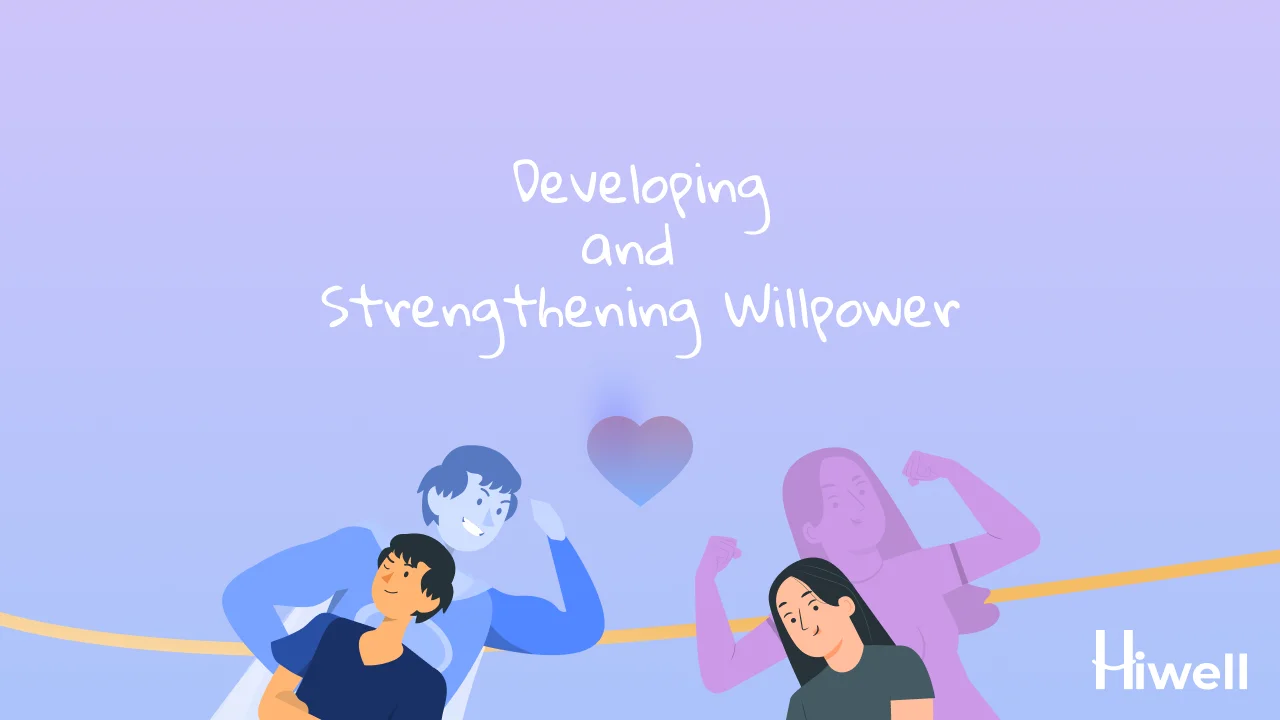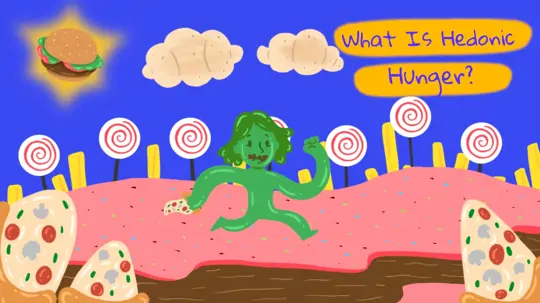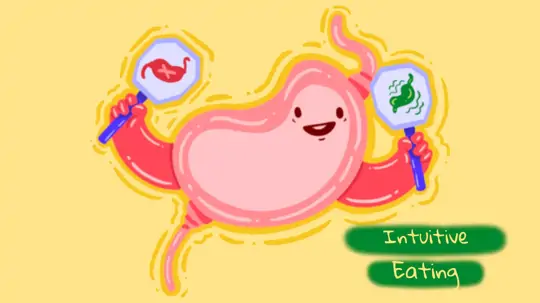
Start feeling better today!
Connect with your therapist today and take control of your life like our 850.000 happy clients.
Get StartedThe Concept of Willpower
Willpower is a person's ability to change their behaviour and thoughts in all aspects of their lives. It is the process by which a person modifies the duration, frequency, and intensity of their behaviour and acts in accepted ways, such as stopping, starting, or delaying their behaviour in response to changing situations.
Willpower is a very big part of a person's life, because without willpower, one stays away from many behaviours that are accepted by society and perceived as healthy. Willpower is a characteristic that allows people to modify their purposeful behaviour in response to changing circumstances.
Thanks to willpower, people can control their impulses and desires and take responsibility for their behaviour and decisions. Willpower enables one to avoid undesirable behaviour. The state of being self-sufficient, independent, and controlling one's own behaviour is called free will. In psychology, willpower is known as self-control.
Development of Will
Willpower is not just a topic discussed by psychologists. Philosophy and religion are also very closely related to the will. Philosophers and psychologists have long debated how self-control develops. The behaviour of the family is of great importance in the development of the will.
In the early years of life, children observe the people around them and learn the people's behaviours from them. Accordingly, children of families with low self-control also have low self-control.
At the same time, according to the developmental model, the foundations of willpower are laid in the first 6 years. It is the process of the development of motor actions in infants from 3 months to 12 months. In this process, infants engage in motor actions such as catching, reaching, and holding, and they learn the ability to change their behaviour. As these actions teach infants to continue and end the behaviour, infants discover behaviour changes.
From the 12th to the 18th months, infants develop the ability to obey commands, act purposefully, and control their behaviour, emotions, and communication. behavioural patterns such as cause and effect relationships, problem solving, postponing requests and expectations are observed after 36 months.
In other words, it is thought that the will develops until the preschool period. A healthy development throughout this period is very important in the development of willpower.
Why Will is Important

It is known that people with a high level of willpower are more successful in their lives. These people face fewer psychological problems. These people, compared to others, are:
- Devoted
- Reliable
- Patient
- Compatible
- Attentive to detail
- Compromising
- They are known to be strong in coping with stress.
In individuals with low willpower:
- Violence
- Uncontrolled spending
- Fear of failure
- Proneness to addiction
- Being anxious
- Taking risks
- Unbalanced diet
- behavioural problems such as impulsivity are seen.

How to Strengthen Willpower
Although the will is formed in the pre-school period, it can be strengthened in all areas of life. People tend to be more willful when making decisions for the future. For this reason, opening bank accounts and trying to deposit a certain amount of money every month for a year can be a good exercise to strengthen willpower.
It will be a good exercise for willpower to give oneself a certain amount of time for the work to be done and to finish the work by the deadline.
Making future-oriented decisions and taking steps towards those decisions throughout the process is very important for strengthening willpower.
Setting goals in all areas of life and sticking to these goals increase willpower. Starting with small goals will reduce the risk of failure and remind the person of willpower. If goals are magnified as time passes and the will becomes stronger, one will not be disappointed with big goals.
During all these exercises and behaviours, the person should monitor themselves and realize the weak points in their will. After realizing these points, they should be worked on.
Suggestions to Increase Willpower:

- Take small steps:Don't expect to suddenly increase your willpower to make your wishes come true. Every little change you make in your life creates big results in the long run. Changes you make without burdening yourself are more likely to be permanent. Do something today that you would normally be too lazy to do. Think of what you would have done in a month if you did something that you were lazy about once a week.
- Exercise: Moving requires willpower. Exercising puts your body into a more energetic mode and releases happiness hormones. Once you take action, the inertia will gradually lift off, and you will realize that you can do other things you want more easily.
- Prioritize your important work: Dividing what you are going to do into steps and finishing your most important work first will give you a sense of accomplishment. As you complete your work step by step, your willpower will become stronger over time, like a muscle.
- Pay attention to the hygiene and quality of your sleep: Lack of sleep or not getting enough sleep slows down our cognitive functions, increases our stress level, decreases our performance and therefore reduces our willpower. Good sleep hygiene and adequate sleep will increase your willpower to fulfill your desires.
- Discover your purpose: Purpose is an important part of willpower. It makes it easier to take action when the things you want to do are aligned with your values and goals. Remember that no wind can help a ship that doesn't know where to go.
Sources
- Duckworth, A., Milkman, K., Laibson, D. (2018). Beyond Willpower: Strategies for Reducing Failures of Self Control, Association for Psychological Science, 19(3):102-129.
- Mazili, S. (2019). Investigation of Smartphone Addiction in Adolescents in terms of Self-Control, Unpublished Master's Thesis, Afyonkarahisar.
- Kopp, C. B. (1982). Antecedents of Self-Regulation: A Developmental Perspective. Developmental Psychology, 18 (2), 199-214.





